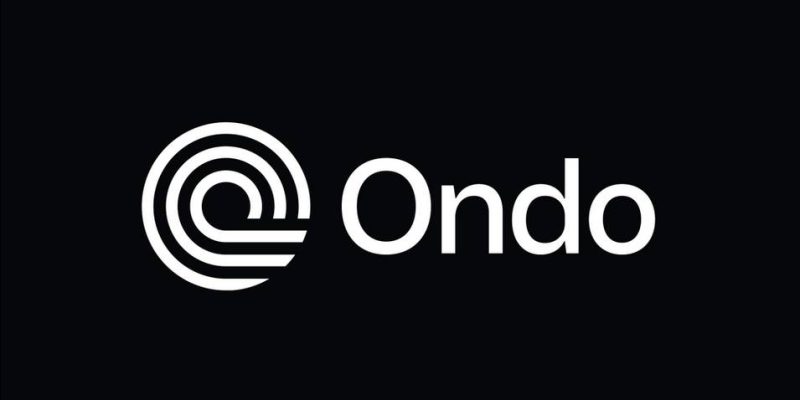Ondo Global Markets, a U.S.-based tokenization platform, has received regulatory approval to offer tokenized U.S. stocks and exchange-traded funds (ETFs) to European investors. The approval came from the Liechtenstein Financial Market Authority (FMA), allowing Ondo to distribute its tokenized assets across all 30 countries in the European Economic Area (EEA), including all EU member states, Iceland, Liechtenstein, and Norway. According to the company, this authorization opens onchain access to regulated U.S. market exposure for more than 500 million potential investors. The move follows Ondo’s recent partnership with Boerse Stuttgart Group’s digital asset subsidiary BX Digital, which enabled tokenized stock trading in Switzerland earlier this month. While Liechtenstein is not an EU member, it participates in the EEA, giving its financial authorizations the ability to “passport” across the region. This has made the country an important gateway for firms seeking compliant access under Europe’s new digital-asset rulebook.
Liechtenstein's Role as a MiCA-Passported Tokenization Hub
Liechtenstein implemented the EU-wide Markets in Crypto-Assets (MiCA) legislation through its domestic EEA MiCA Implementation Act (EWR-MiCA-DG), which entered into force in February. Once the transitional period ends on December 31, 2025, crypto-asset service providers must obtain full MiCA authorization to operate across the EEA. Ondo did not specify the precise regulatory framework behind the new approval but emphasized that Liechtenstein’s passporting regime enables compliant cross-border distribution of tokenized assets. The country’s market-friendly stance has made it an early entry point for firms pushing into Europe’s regulated tokenization industry. The approval effectively positions Ondo to operate within a unified regulatory structure designed to meet investor-protection standards, even as the rest of the EU continues to debate how centralized MiCA supervision should become.
Implications for Tokenized Stocks in Europe
Ondo has already tokenized more than 100 U.S. stocks and ETFs on blockchain networks such as BNB Chain. With the Liechtenstein approval, these tokenized assets can now be marketed and offered throughout the EEA, provided the firm stays compliant with MiCA requirements. The development carries several meaningful implications for Europe’s digital asset markets:
- •Tokenized U.S. equities gain regulated distribution. Investors across Europe may soon access onchain representations of major U.S. stocks within a regulatory framework.
- •MiCA’s passporting system becomes a practical tool. Liechtenstein’s rollout demonstrates how firms can use the EEA to reach the entire European market through a single authorization.
- •Competition among tokenization platforms will intensify. Ondo’s regulatory lead may pressure other issuers and fintech firms to seek similar approvals.
- •Onchain settlement gets a boost. Tokenized stocks offer faster settlement, transparent ownership, and interoperability across decentralized infrastructure.
The approval also arrives during broader tensions in the EU over regulatory oversight. Reports indicate that policymakers are considering giving the European Securities and Markets Authority direct supervisory authority over all crypto-asset service providers across the bloc. That would reduce the autonomy of individual member states that currently issue MiCA authorizations.
Future Outlook for Ondo and the Tokenization Market
With the green light from Liechtenstein’s FMA, Ondo is positioned to expand its tokenized offering rapidly as MiCA becomes fully operational. The company’s focus will now shift toward:
- •deepening distribution partnerships across the EEA
- •building onchain investor onboarding and compliance infrastructure
- •expanding the list of tokenized U.S. stocks and ETFs
- •connecting tokenized securities with stablecoins and digital settlement rails
The regulatory clarity from Liechtenstein may also accelerate competition among tokenization platforms, especially those aiming to deliver U.S. equity exposure to European markets without relying on intermediaries. For Europe’s financial system, the move is another step toward integrating tokenized assets into regulated capital markets. As MiCA matures, firms like Ondo may play a central role in creating a unified onchain framework for retail and institutional investors alike.

